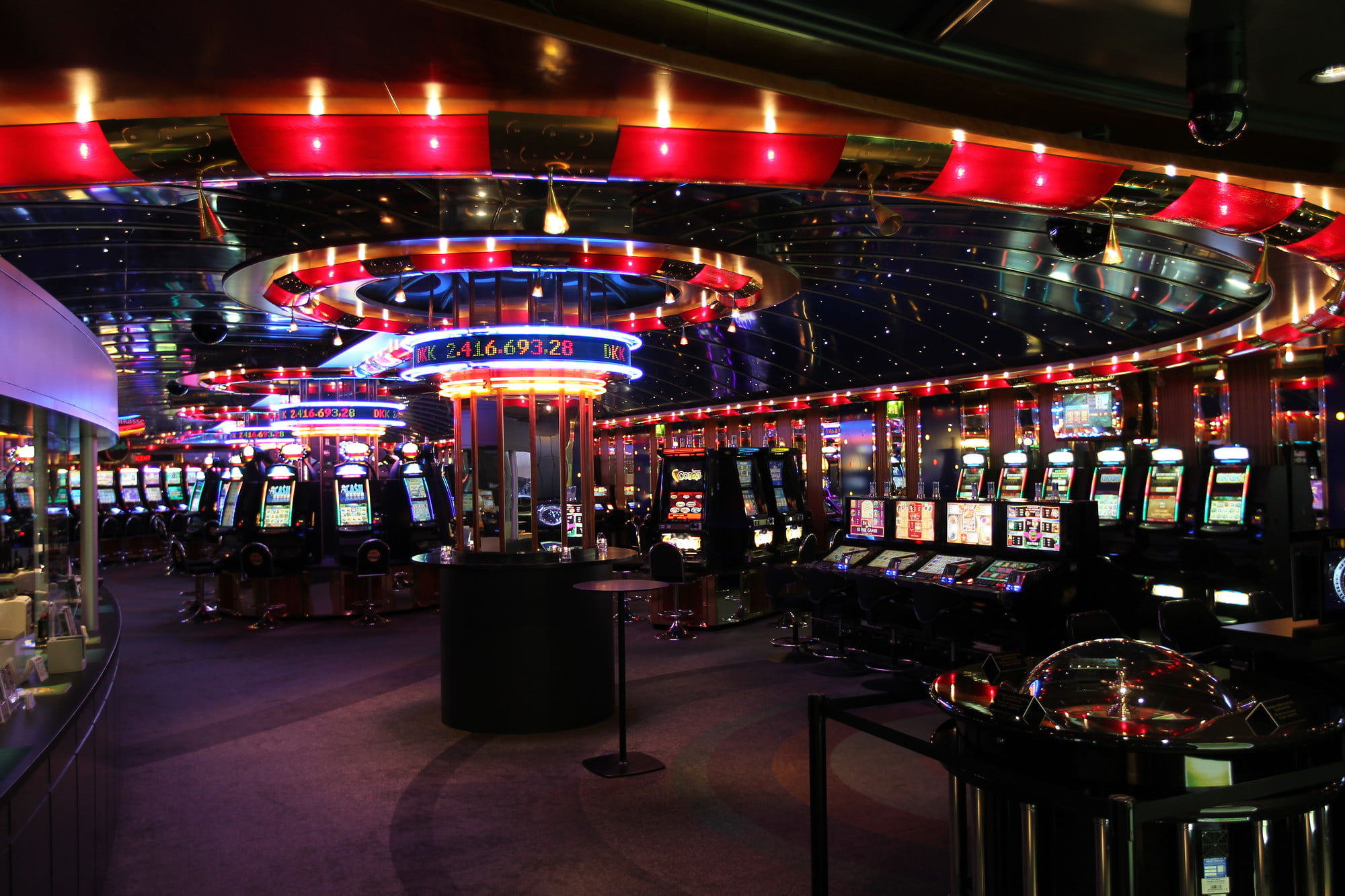
Gambling games have long been a captivating entertainment option, drawing countless of players from varied cultures around the globe. From the glitzy casinos of Vegas to the thriving gambling halls of the Cotai Strip, these games serve as a bridge that brings together people across different backgrounds. The allure of fortune, strategy, and gambling entices not only those seeking to gamble for profit but also those seeking a feeling of belonging.
The cultural impact of casino games extends far beyond the gaming floor. They often embody the cultural standards and traditions of the communities in which they thrive. Games such as Texas hold ’em, 21, and the wheel game have integrated into the tapestry of popular culture, influencing everything from movies to clothing. As we explore this fascinating intersection of gambling and culture, we can better understand how gambling games shape and are affected by the environment surrounding us.
Historical Evolution of Gambling Games
The origins of gambling games can be tracked back to historical cultures, where betting in different forms was extensively engaged in. In China, around two thousand three hundred years before Christ, a variant of luck game known as Keno was popular, while in ancient the Roman Empire, soldiers would frequently wager on the consequences of their matches. The concept of using luck for entertainment and profit evolved over the years, leading to the formation of more formal activities. By the end of the Middle Ages, gambling houses initiated to surface in the continent, particularly in Italy, which introduced early incarnations of famous activities still practiced today.
As betting expanded fame in Europe, the 17th and 18th centuries saw the appearance of casinos as exclusive locations for gaming. The earliest official casino, the Ridotto, was set up in the Venetian city in the year 1638, providing activities like Baccarat games and Faro. This era marked a crucial shifting point, as casinos commenced to attract not just the elite but also the burgeoning middle-income class. The complexity of games increased, leading to the creation of new rules and variations that enriched the play experience.
In the 19th century, the industrial revolution and transformations in societal norms also transformed the landscape of casino activities. The launch of the game of roulette and contemporary slot machines attracted a larger audience, and gaming houses became seen as legitimate entertainment. https://sex-sub.com/ This time witnessed the worldwide proliferation of casino activities, as gambling houses expanded from Europe to the Western Hemisphere, culminating in the establishment of the iconic Las Vegas Strip in the 20th century. The progress of gaming games has continued into the modern era, integrating new technologies and online platforms, making them open to a universal population.
## Cultural Importance across Various Cultures
Casino activities have significant cultural importance in a multitude of cultures across the planet. Places like Las Vegas, the very core of the urban landscape is woven around gaming venues, where gambling is not just a hobby but a key aspect of leisure and community life. The dazzling lights and vibrant atmosphere attract millions, showcasing how games of chance can influence local economies and cultural uniqueness. This environment transforms the notion of relaxation into an enriching experience that influences style, sound, and even movies.
Conversely, some societies approach wagering with greater care, viewing it through the lens of ethical considerations and customs. A case in point, in numerous Oriental cultures, games like Mahjong and Pai Gow are steeped in history and have significant social implications. These games are often played during meetings and festivities, fostering social ties and strengthening family ties. The act of participating in these games goes past mere leisure, reflecting ethics such as deference to seniors and the importance of collective enjoyment.
Simultaneously, in Western countries such as Monaco and the Italian Peninsula, games of chance serve as symbols of wealth and refinement. The elegant atmosphere of these establishments attracts both tourists and locals, maintaining a sense of status and exclusivity. The art of poker and the strategic features of games like baccarat are appreciated, shaping community relationships and establishing an appeal that fascinates a varied audience. This underscores how casino games can both reflect and mold cultural attitudes towards risk, gain, and community interaction.
Economic Impact and Travel Industry
Casino games play a important role in the financial context of many areas, particularly those that rely heavily on tourism. The revenue produced from casino operations fuels local economies, creating employment opportunities not only within the casinos themselves but also in connected industries such as hotel management, dining, and recreation. This influx of tourists, drawn by the attraction of games and the overall gaming environment, stimulates expenditure across multiple businesses, contributing to the economic health of the area.
The presence of casinos often leads to the development of infrastructure, including hotels, transportation systems, and recreational facilities. These improvements are essential in enhancing the overall tourist experience, making destinations more attractive to tourists. Additionally, many casinos contribute in local communities through support of events and charitable activities, further integrating themselves into the social fabric of the locality. Such contribution not only supports economic growth but also cultivates a positive reputation of the gambling sector.
Furthermore, the worldwide appeal of casino games drives tourism competition, with regions vying to attract players from across the globe. Iconic destinations like Las Vegas and Macau have become synonymous with gambling culture, drawing millions each year. This advantage encourages creativity and diversification within the gambling sector, influencing developments in leisure and accommodation that resonate beyond their borders. The consequences of this tourism extend wide, impacting local financial health and cultural interactions on a global scale.
